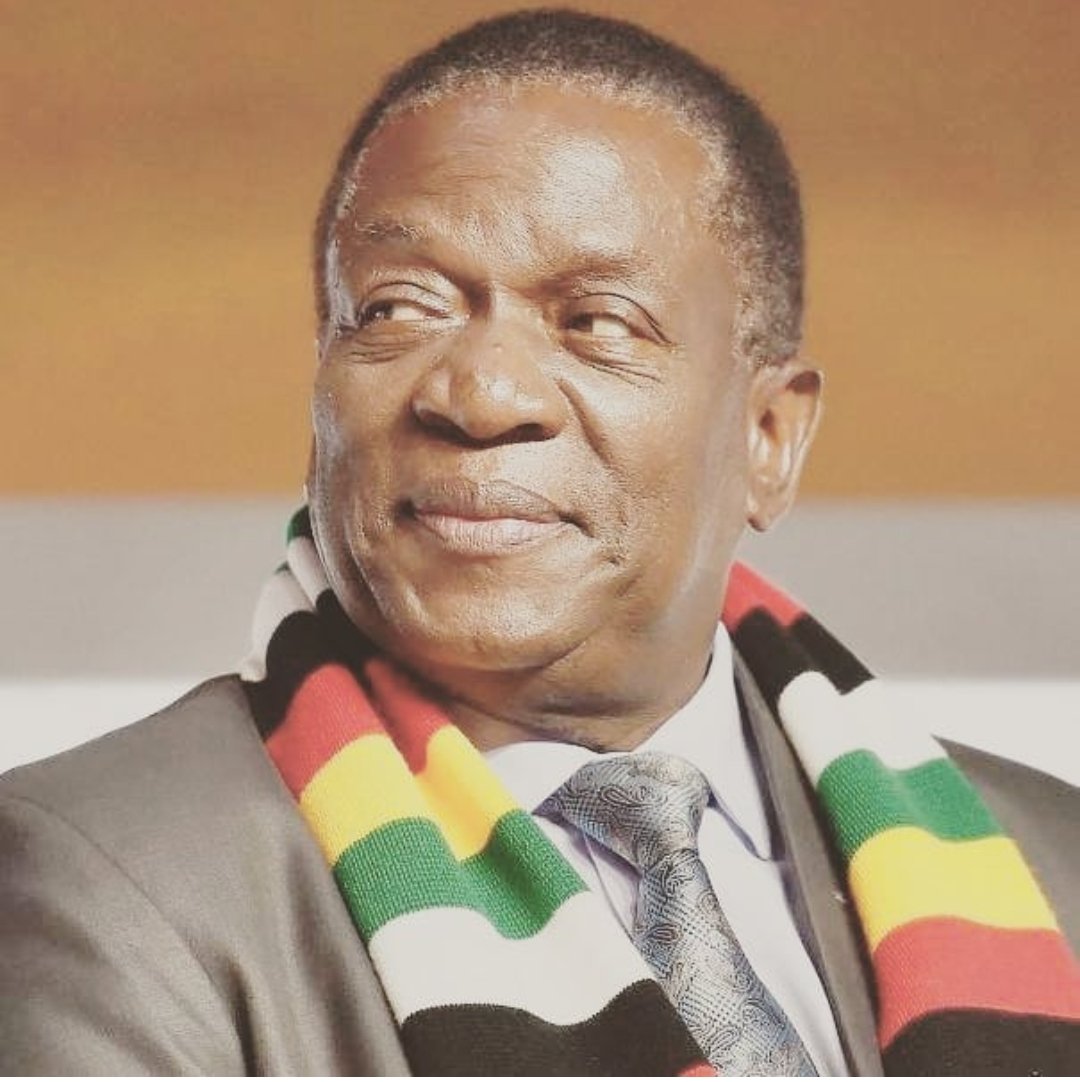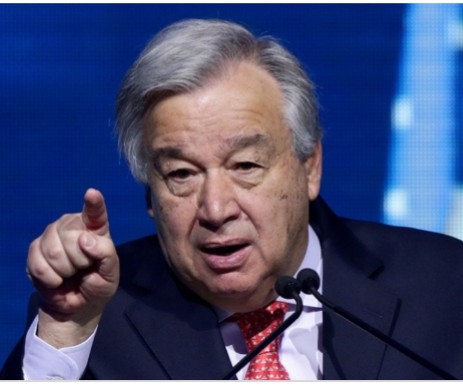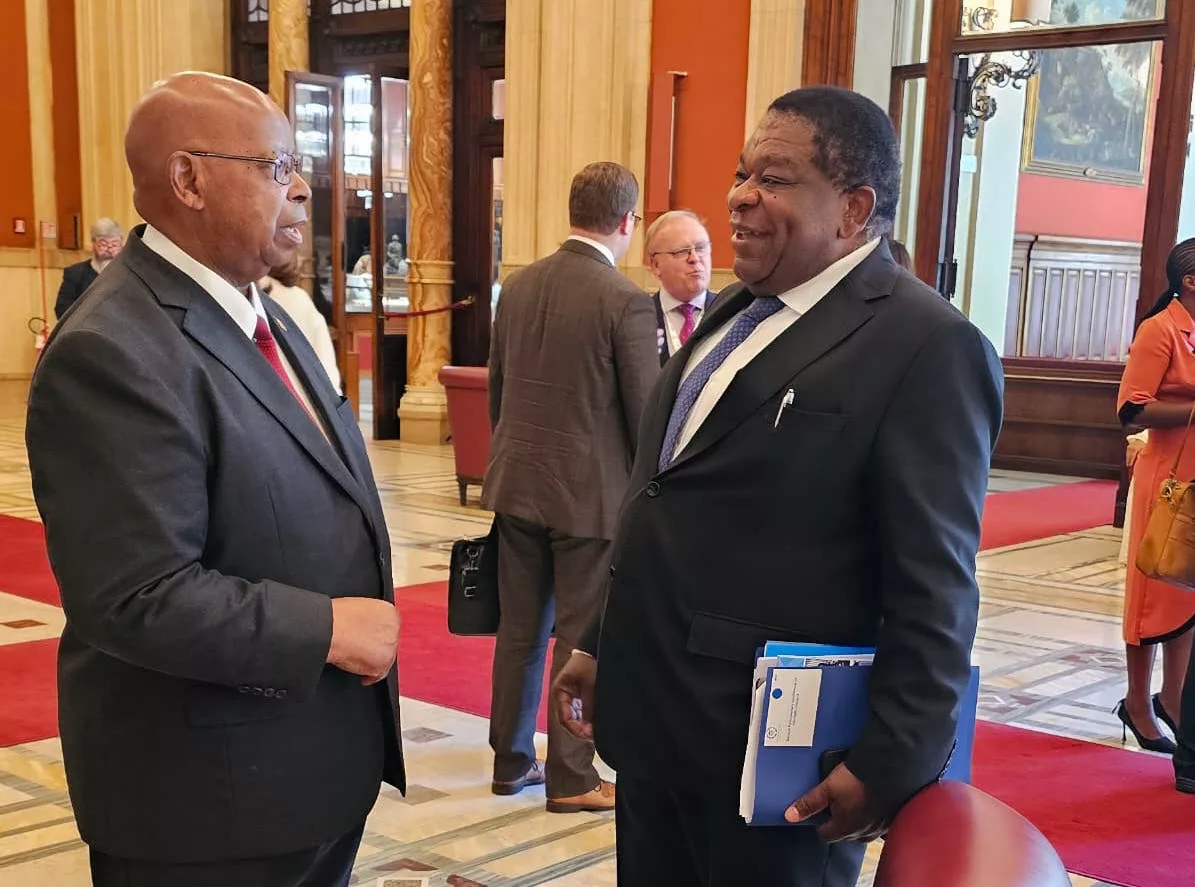By Farai Chirimumimba
As Nelson Chamisa loyalists come to terms with the result of the presidential election, they tried to wrap their heads around what had happened to them and their party.
“I’m pretty heartbroken,” said one young woman, brushing back a tear. “They hated more than we loved, and that’s on us. That’s how they on.”
The previous night, as emotions at the Chamisa campaign team shifted from celebratory to despair, the attendees either refused to face reality, offering glib assurances that fortunes would turn in their favour soon enough: when this didn’t happen they responded to queries by temporarily taking over the processes at Harare International Conference Centre (HICC) where Zimbabwe Electoral Commission (ZEC) National Command Centre was and shouted that the results were “fake” moments before announcement of result from the final province, Mashonaland West that sealed Emmerson Mnangagwa of ZANU-PF’s victory with 50.8 percent of the popular vote against Chamisa’s 44.3 percent.
The morning after, however, thoughts turned to the future and where their party should go from here. “I think they have to try to get back to the rural voters they lost,” says Terrence Kunaka. “We’ve been so focused on urban voters; we’ve totally missed disenfranchised rural folks. A lot of these people can actually vote for MDC Alliance in future.”
Narrow defeats in provinces Mashonaland West and Matabeleland South proved the mortal blow to Chamisa campaign, and the losing margins in traditional ZANU-PF strongholds of Mashonaland East, Central and Masvingo were due in part to partisan rural voters. They are always a factor to ZANU-PF’s hold on power for the past 38 years and need to be swept up by the future popullist movement as we turn our sights to the 2023 presidential election.
“We need to regroup and figure it out,” says a source. “Maybe party politics is not even the way to talk about. What do we want to see this country be?” He says the party should prioritise the rural voter without negating the urban constituency because more voters are based in the rural areas. Education really does not matter because what l think we’re seeing here is a lot of really uneducated people voting for somebody that they think will help them and they’re misinformed,” He said.
As Nelson Chamisa takes stock of today’s events, he knows that the MDC is in tatters after the split with Dr. Thokosani Khupe costs the party and more so the double National Assembly candidates in places such as Goromonzi West, Bulawayo South, Lupane West and Nkayi constituencies. With no majority in parliament it is another fatal blow for the opposition that has constantly been outnumbered by ZANU-PF party, except for the 2008 to 2013 parliament when MDC-T had the majority in the National Assembly.
As it stands ZANU-PF has an outright majority in both houses of parliament and will that uses partisan voting for bills like always without being much involved in debates in the august house and Senate chamber. As they say parliament is all about numbers, debates in Zimbabwean parliament has a history of coming to naughty with ZANU-PF taking advantage of their voting power to upset a meaningful contribution from the opposite side.
Their National Assembly seats winners, will like always fight the good fight but without the great debaters and contributors they had in Eddie Cross, Thokozani Khupe, James Maridadi, Jessie Fungai Majome and Nelson Chamisa in the august house, it remain to be seen how the remaining old faces and new members will copy in the next five years. But one thing for certain is that the august house is poorer without these men and women.
The party desperately needed Chamisa to hold the State House and carry some new faces into power with him in order to be better positioned for the future. Although the number of rising stars within MDC Alliance is few and far between, there are some names that will bubble up to the top of many lists.






